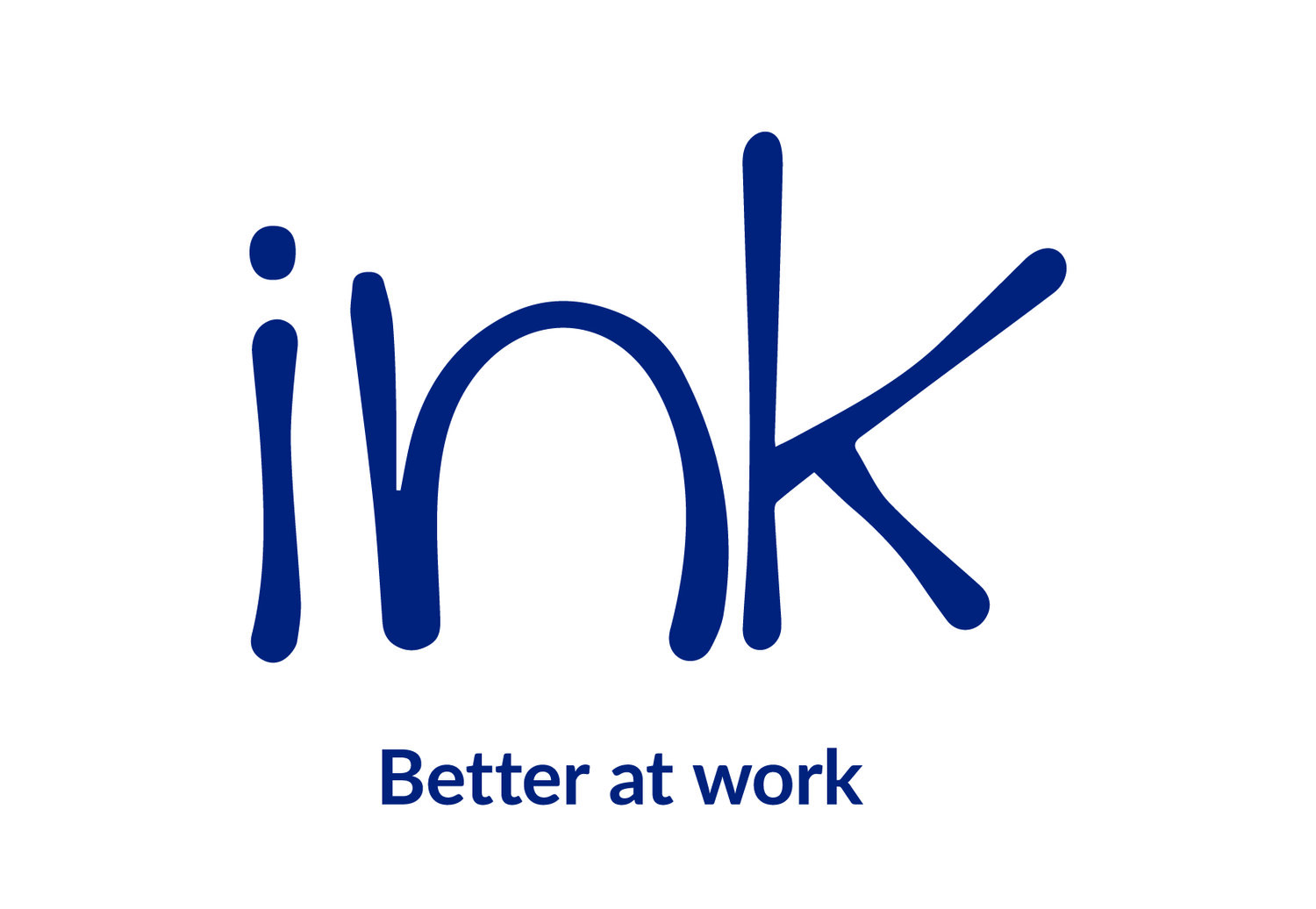Health & Wellbeing - Will PMI soon be the new benefit norm?
As the NHS celebrates its 75th ‘birthday’, “Britain’s best-loved institution” (Andrew Seaton, Our NHS, 2023) faces an increasingly difficult future amid doctors’ strikes, huge waiting lists and the worrying and rapid decline in the health of the nation, not withstanding the enormous impact of Covid. It’s clear that in response to the strain, those in a position to do so, either individuals or businesses looking to support their staff, are turning in greater numbers than ever before to the private health sector. Should your business be thinking about this too?
In 1948, the NHS opened its doors and took control of around 480,000 hospital beds with 125,000 nurses and 5,000 consultants (Nursing Times). Fast forward to 2023 and it provides care for more than 67.7 million people; that’s quite a difference. Life expectancy was 66 for men and 70 for women during the NHS’s infancy, it’s now 79 for a man and 83 for a woman. With age comes a greater dependency on medical provision and as we live longer, arguably with worsening diet and lessening activity, the greater the impact on our health services.
With waiting lists at all-time highs - 7.42 million people as it stands today - it’s of no surprise that as the population gets older the specialism with the highest waiting list is trauma and orthopaedics, followed by ophthalmology. And this is where the private sector has been making so many gains. These areas are already routinely treated outside of the NHS and with businesses wishing to help get their employees back to work quickly, skipping the queue with Private Medical Insurance is becoming a must do.
In 1959 the Mental Health Act removed the distinction between psychiatric and other hospitals, making new provision for the care and treatment of people with mental health problems. It would have then been impossible to predict the hugely increased demand for this previously hidden area of health. The private sector has tried to fill the gaps with wellbeing apps, such as Headspace and Calm, and Employee Assistance Programmes offering counselling and advice. It feels like the least employers should do to support their people.
Although, historically, we have had a great sense of national pride and gratitude for our NHS, this has started to wane as it frays at the edges. Inevitably, it is the private healthcare market that is opening up to fill the void and employers are seeking support which is both preventative and curative and, above all, accessible and unhampered by waiting lists and inefficiency. The range of employee benefit options in this space that you could implement is significant – from subscriptions to wellbeing apps, to virtual GP links for rapid diagnoses, to cash plans for routine treatments and to full blown private medical insurance. As we see doctors’ strikes continue, and the government raising taxes to fill the black holes in NHS budgets, it’s hard to feel optimistic about the health of our ‘Best-loved institution’. If employee benefits used to be about attracting talent and retaining staff, they should now be about keeping people fit, healthy and mentally resilient. A must do for any productive, proactive, employer of choice.

